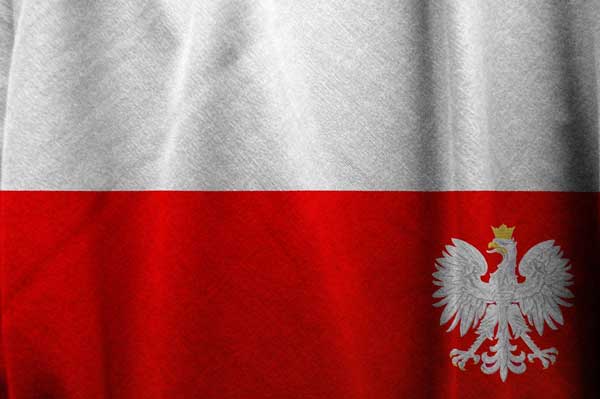Karol Nawrocki Wins Polish Presidency in Razor-Thin Runoff Vote

[Example picture of the Polish flag, Photo Credit to Pixabay]
Poland recently entered a new chapter in its political history following the election of Karol Nawrocki as the country’s next president.
In a tightly contested runoff on June 1, 2025, Nawrocki, also known as a conservative historian and political outsider, narrowly defeated centrist challenger Rafal Trzaskowski.
The election, widely viewed as a referendum on the country’s direction and democratic values, marks a significant shift in Poland’s political landscape.
Karol Nawrocki, a former head of the Institute of National Remembrance (IPN), campaigned on a platform centered on national identity, historical integrity, and law and order.
With backing from the ruling Law and Justice Party (PiS), Nawrocki appealed to voters in rural areas and older demographics, presenting himself as a guardian of traditional Polish values.
His opponent, Rafał Trzaskowski, the liberal mayor of Warsaw and a member of the Civic Platform party, had previously lost the 2020 presidential race by a narrow margin.
Trzaskowski campaigned on a progressive agenda focused on civil liberties, deeper European integration, and judicial independence.
The runoff was necessitated after no candidate secured an outright majority in the first round held two weeks earlier.
The second round saw one of the highest voter turnouts in recent Polish electoral history, reflecting intense public engagement and widespread political polarization.
According to the Polish National Electoral Commission, Nawrocki won with 50.8% of the vote, narrowly defeating Trzaskowski, who received 49.2%.
With a final margin of fewer than 300,000 votes, the result underscores the intensely competitive nature of the race.
Exit polls indicate that Nawrocki's victory was secured by strong support in southeastern Poland and smaller towns, where concerns about immigration, EU overreach, and social conservatism remain potent
Trzaskowski, by contrast, won decisively in urban centers like Warsaw, Gdańsk, and Kraków, buoyed by younger voters and the LGBTQ+ community.
Nawrocki’s victory is likely to bolster Poland’s current conservative course, one that EU institutions have frequently criticized for eroding democratic norms.
His presidency could embolden the government’s efforts to reshape state institutions and media under nationalist lines.
Nevertheless, the close result also signals a deeply divided, vibrant opposition.
Political analysts suggest that Nawrocki will have to navigate carefully between appeasing his conservative base and addressing the concerns of nearly half the population that voted for a different vision.
European leaders have responded cautiously.
European Commission President Ursula von der Leyen issued a statement congratulating Nawrocki while emphasizing the importance of shared democratic values and the rule of law.
As president, Nawrocki will wield the authority to veto legislation, shape foreign policy, and influence judicial appointments.
His stance on contentious issues such as judicial reform, media regulation, and education will be closely watched both at home and abroad.
Domestically, Nawrocki will need to work with a parliament that remains polarized, and an opposition galvanized by its near-victory.
He faces pressing challenges, including managing Poland’s energy transition, handling relations with Ukraine amid ongoing regional instability, and balancing EU obligations with national interests.
The razor-thin victory suggests that Nawrocki inherits not just the title of the president, but a mandate fraught with expectations from all sides of the political spectrum.
As a result, how he navigates this challenging landscape may define the trajectory of Polish democracy in the years to come.

- Katie Lee / Grade 10
- Seoul Scholars International

![THE HERALD STUDENT REPORTERS [US]](/assets/images/logo_student_us.png)
![THE HERALD STUDENT REPORTERS [Canada]](/assets/images/logo_student_ca.png)
